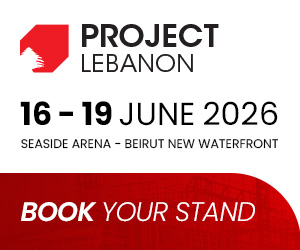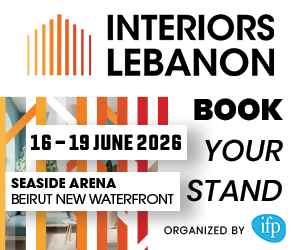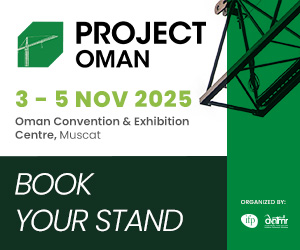An innovative project from Virginia Commonwealth University in Qatar (VCUQatar) to improve the housing standards of guest workers, who are a vital component of the building boom for the FIFA 2022 World Cup and beyond, is ready for commercialization.
"We are in a very strong and credible position to promote the concept. We are waiting for the first order," said Roman Turczyn, director, Center for Research, Design & Entrepreneurship, at VCUQatar.
Gulf Times had exclusively reported in June 2012 that a full-scale prototype was nearly complete for the project which originated from a student charrette at the Tasmeem 2007 International Design Conference to rethink guest worker accommodation.
"That article generated a lot of response from many players and we have come a long way," recalled Turczyn, who along with Peter Chomowicz, associate dean for research and development, VCUQatar, has been leading the project.
The prototype is complete and the design refined. It is totally portable now, with prefabricated components, pug and pay systems, and with the provision of converting from worker accommodation to service accommodation after its initial use.
The VCUQatar concept has received national recognition with the standards for the design of the accommodation getting adopted into Qatar Foundation Mandatory Standards of Migrant Workers' Welfare for Contractors and Sub-Contractors, announced in April this year.
"We have been able to confirm that our concept is a very lucrative and sustainable financial model," Turczyn stated while explaining that VCUQatar had entered into a commercial agreement with supply chain logistics expert Core Projects and Supply which has purchased the first rights to lead with the project.
The reason for the partnership with Core is that any royalty or funds that come VCUQatar's way would be ploughed back into research. Engineers could be funded to have a look at refining systems in many aspects, for example, for treatment of grey water.
"We are in such a position now that if any client comes to us with a piece of land to establish workers' accommodation, we can very quickly turn around and give them a financial pro forma and schedule," Turczyn said.
The portable building concept has, at its centre, modules based on flat back container system, explained Johan Terblans, general manager, Core.
"It comes already finished. You lift the roof, put the structure up, weld it and bolt it together and it is ready to use. Light fittings and containment of electricity are built into the walls. They just need to be connected the plug and play way," he explained.
Given that no single company could make at a time all the required components for the project, they were categorized into four different areas and a pre-qualification exercise with some 67 modular manufacturers from across the world resulted in eight that meet the specifications and schedule being shortlisted.
"They have given us quotations based on our specifications and done some drawings to ensure our concept works," Terblans said.
The site infrastructure is also plug and play style. Self-contained sewage treatment plant, recycled water systems and portable landscaping concepts are the key features.
VCUQatar and Core are also talking to major global engineering firm Royal Haskoning which has a lot of experience in plug and play kind of housing all over the world. A team of architects and engineers is also being assembled to implement projects.
"We are presenting or are in discussions with potential developers and investors and there is a very positive response to our concept," Turczyn said.
Currently VCUQatar and Core are preparing a formal proposal for a 2,200 person workers accommodation facility, as requested by one of the Q-Rail contractors.
"Their request follows up on a preliminary design and presentation we prepared. This may be our first project," Turczyn added.
Gulf Times
5 November














































































